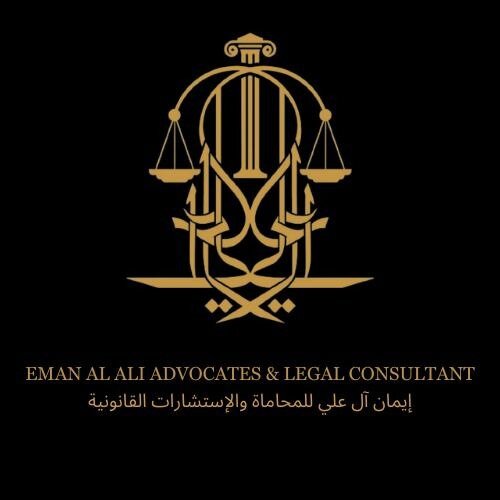Best General Litigation Lawyers in Dubai
Share your needs with us, get contacted by law firms.
Free. Takes 2 min.
List of the best lawyers in Dubai, United Arab Emirates
About Litigation Law in Dubai, United Arab Emirates
Law in Dubai and the broader United Arab Emirates (UAE) is based on Sharia law with influences from British, French, and Roman civil law systems. Within this legal framework, litigation refers to the process of taking legal action to enforce a particular right, resolve a dispute, or obtain compensation for harm done. This covers both civil and criminal cases in a wide variety of situations, ranging from business disputes and medical malpractice to breach of contract and personal injury cases.
Why You May Need a Lawyer
Understanding and navigating the complexities of the UAE legal system can be challenging for anyone, especially those who are not familiar with Sharia Law. For civil claims such as torts, contractual disputes, property disputes, and more, a lawyer will aid you command a more thorough understanding and help protect your interests. In criminal cases, hiring a lawyer can make the difference between imprisonment and liberty. It's advisable to hire a lawyer if you have legal responsibilities such as being a company director, or situations where a lot of money is involved.
Local Laws Overview
In Dubai, the litigious process involves several stages, including the filing of the lawsuit, exchanging of memorandums, hearing sessions, and the judge’s judgment. For civil/commercial disputes, the law applicable is the Law of Civil Procedure while for criminal cases, Law of Criminal Procedures applies. Arabic is the official language of the courts. Unlike some Western legal frameworks, an individual cannot represent a corporation; it must be a lawyer. Also, Dubai courts don’t award punitive damages.
Frequently Asked Questions
1. How long does the litigation process take in Dubai?
While there is no strict timeline, generally, it could take from one to two years for the courts at first instance. This can extend further if the case goes onto appeal.
2. Will I need to attend court in person?
In most cases, your lawyer can represent you in court without your presence. But in specific cases like criminal litigation, you may be required to appear in person.
3. Can I file a case in English?
All official proceedings and documentations have to be in Arabic. If you submit documents in English, they need to be translated to Arabic by a legal translator.
4. What is the cost of litigation?
The cost of litigation in Dubai largely depends on the specifics of the case. This can include attorney fees, court fees and any fines or payments ordered by the court.
5. Can I switch lawyers during the process?
Yes, you may switch your legal representation at any point of time in the litigation process.
Additional Resources
Key resource centres include the Dubai Courts website and the Ministry of Justice website which has abundant information related to legal proceedings in Dubai. You could also approach the Dubai International Arbitration Centre or the Dubai Chamber of Commerce and Industry for additional information and help.
Next Steps
If you find yourself in need of legal assistance in Dubai, the best next step is to find a reputable lawyer who is well-versed in UAE law. They will guide you on potential strategies, help you understand your rights, responsibilities, and most importantly, represent you in court proceedings.
Lawzana helps you find the best lawyers and law firms in Dubai through a curated and pre-screened list of qualified legal professionals. Our platform offers rankings and detailed profiles of attorneys and law firms, allowing you to compare based on practice areas, including General Litigation, experience, and client feedback.
Each profile includes a description of the firm's areas of practice, client reviews, team members and partners, year of establishment, spoken languages, office locations, contact information, social media presence, and any published articles or resources. Most firms on our platform speak English and are experienced in both local and international legal matters.
Get a quote from top-rated law firms in Dubai, United Arab Emirates — quickly, securely, and without unnecessary hassle.
Disclaimer:
The information provided on this page is for general informational purposes only and does not constitute legal advice. While we strive to ensure the accuracy and relevance of the content, legal information may change over time, and interpretations of the law can vary. You should always consult with a qualified legal professional for advice specific to your situation.
We disclaim all liability for actions taken or not taken based on the content of this page. If you believe any information is incorrect or outdated, please contact us, and we will review and update it where appropriate.

















